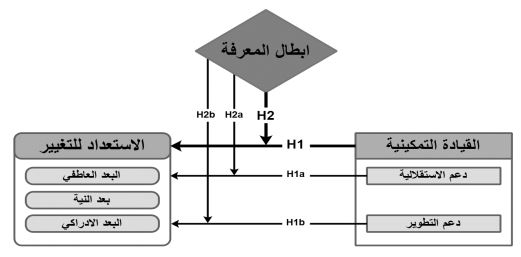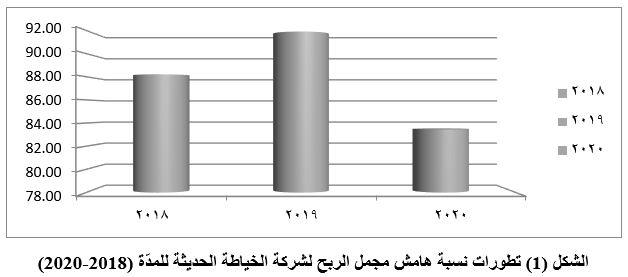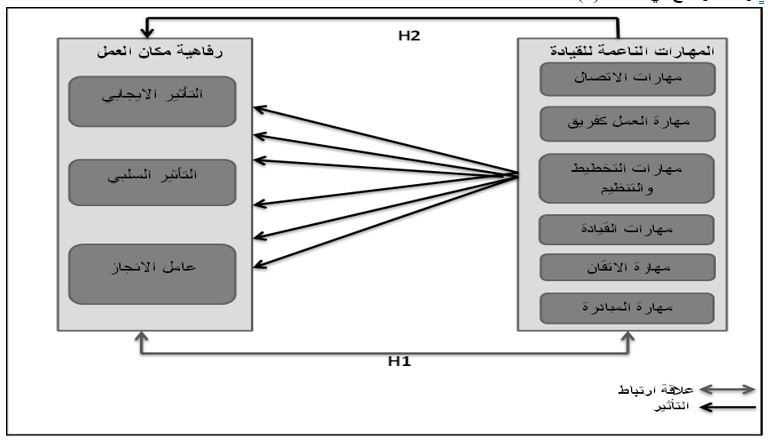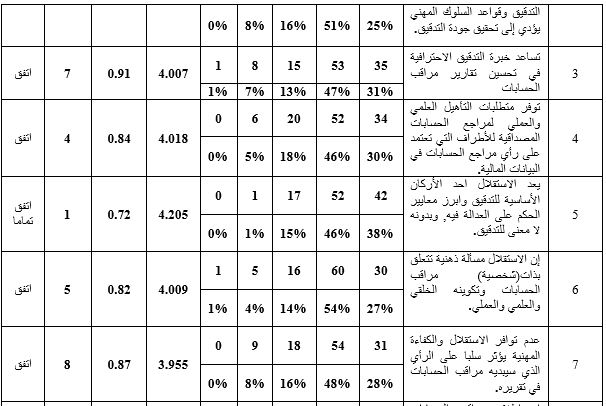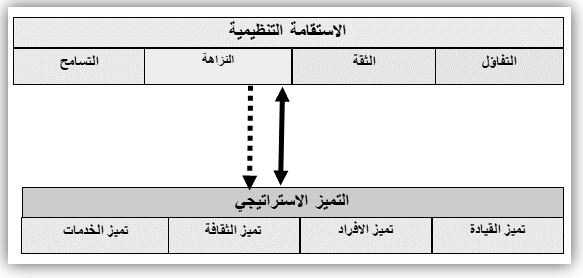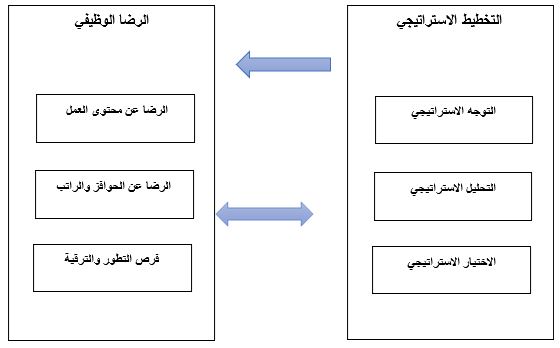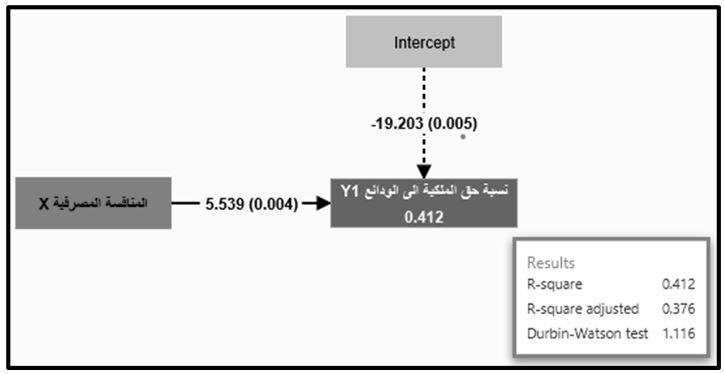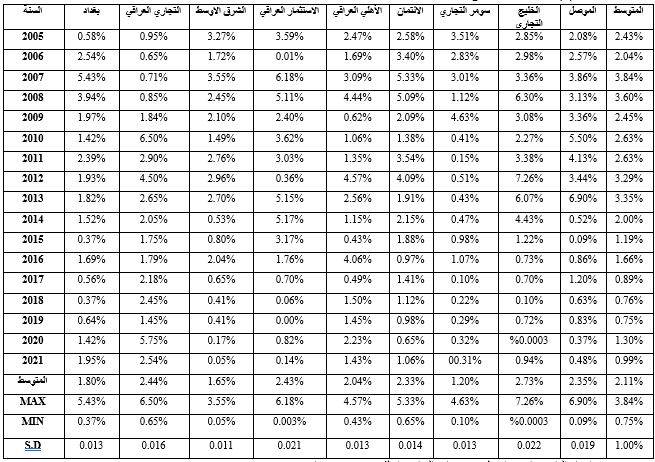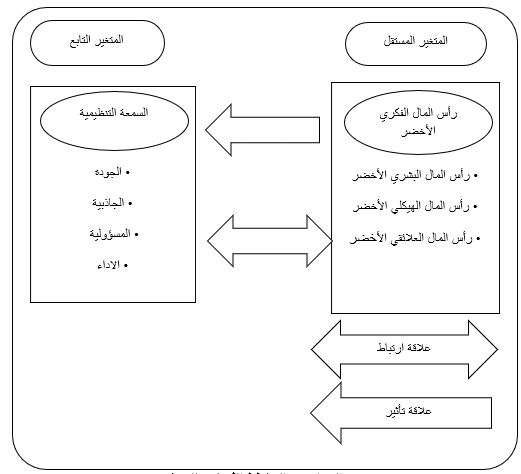Vol. 20 No. 80 (2024): Iraqi Journal for Administrative Sciences
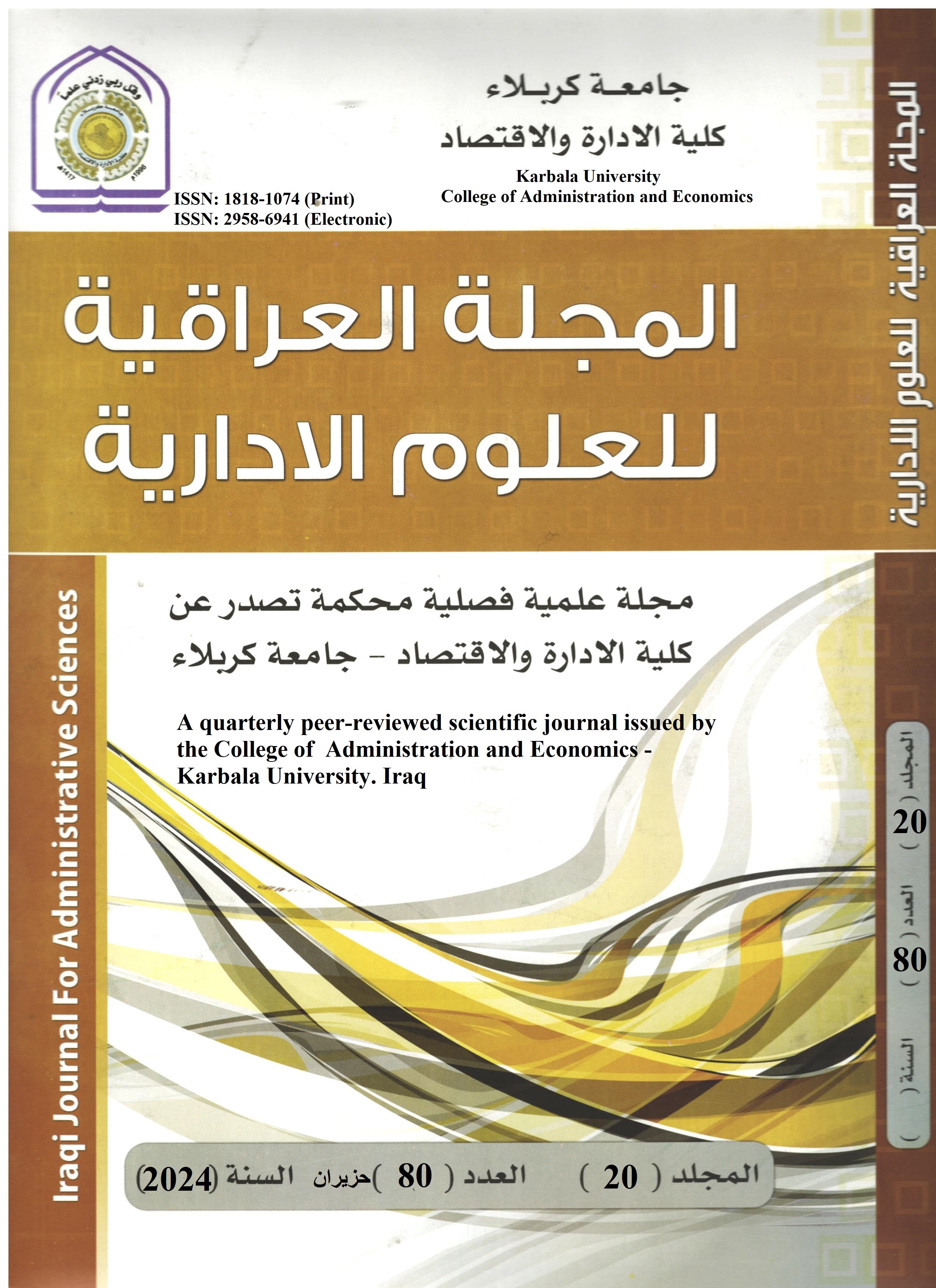
This issue presents a diverse collection of research studies spanning topics in leadership, organizational behavior, financial analysis, auditing, and strategic management. The studies draw from various industries including education, banking, and healthcare, providing insights relevant across sectors. One study explores the moderating role of knowledge champions in the relationship between empowering leadership and readiness for organizational change. Using survey data from employees at the Al-Warith Educational Group, the researchers investigate how individuals who actively promote knowledge sharing can influence how an empowering leadership style impacts willingness to adapt to change. In the banking sector, a study applies the ARIMA model to analyze the effect of credit strategies on market value for a sample of Iraqi commercial banks. Another paper examines the influence of banking competition on solvency through an analytical study of banks listed on the Iraqi Stock Exchange between 2005-2022. Earnings management is a key theme, with one study looking at the impact of income statement indicators in evaluating this phenomenon. Another paper focuses on the role of the auditor in limiting earnings management practices in companies. The importance of organizational integrity in enhancing strategic excellence is also investigated. And a study on strategic planning explores its impact on job satisfaction among employees at Al-Wasiti Teaching Hospital in Baghdad. Areas intersecting leadership and organizational behavior are also covered. This includes research on the effect of soft leadership skills on workplace well-being. Additionally, there is an analytical study examining the role of financial recovery in improving a bank's reputation among a sample of private Iraqi banks from 2005-2021. Rounding out the issue is a paper looking at the effect of green intellectual capital on organizational reputation. This points to increasing importance of environmental sustainability considerations. Overall, the studies published here contribute empirical research across an array of compelling and relevant topics for leadership, management, finance, auditing, and organizations today. The findings have applications for practice as well as identifying fruitful areas for further scholarly inquiry.

